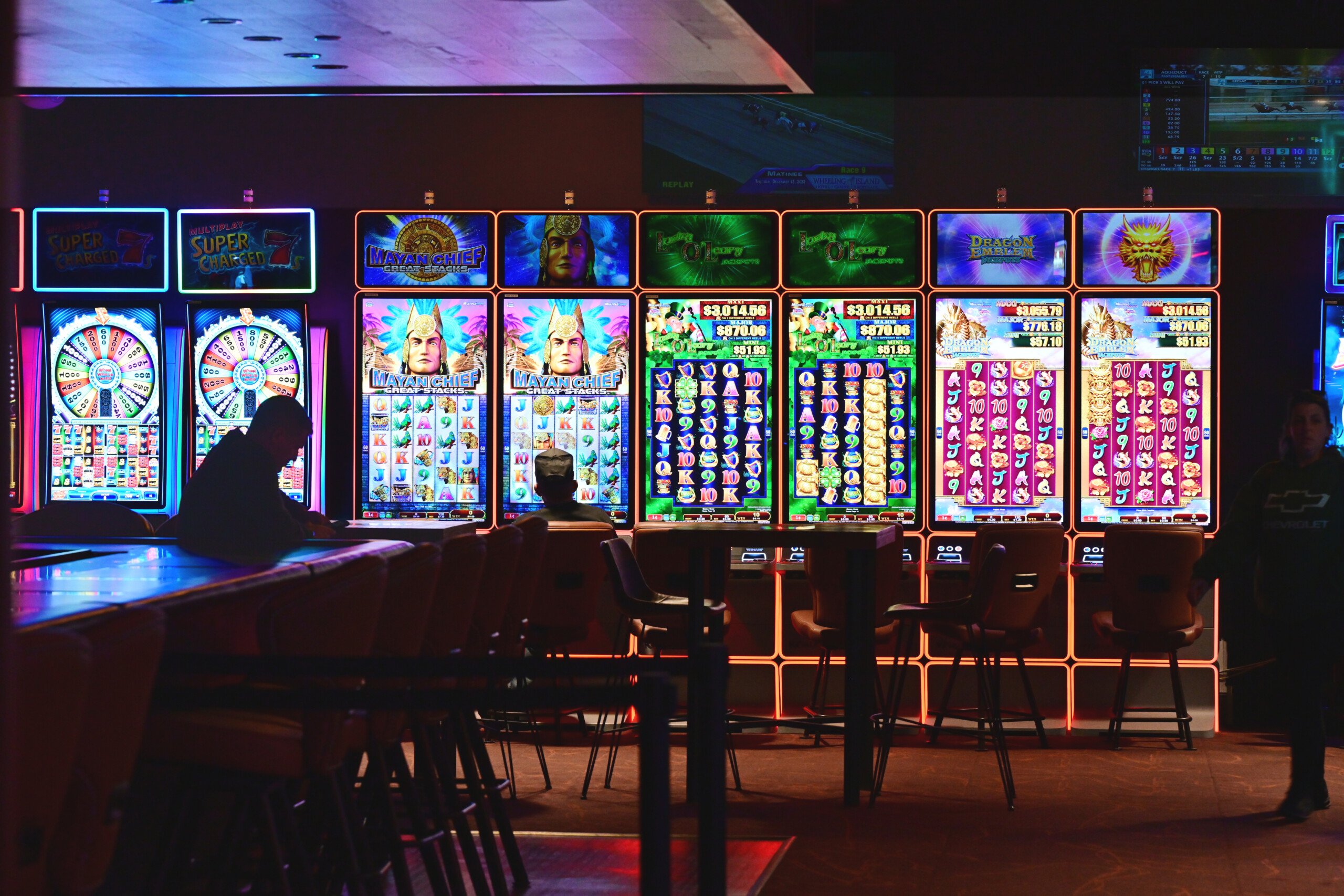
Casino entertainment have long been a engaging source of amusement, drawing millions of players from varied cultures around the globe. From the lively casinos of Las Vegas to the thriving gambling halls of the Cotai Strip, these games serve as a common thread that connects people across a variety of backgrounds. The allure of chance, strategy, and uncertainty entices not only those looking to win money but also those looking for a feeling of belonging.
The significance of casino games extends significantly past the gaming floor. They often reflect the cultural standards and beliefs of the cultures in which they prosper. Games such as seven-card stud, pontoon, and the wheel game have embedded themselves into the tapestry of popular culture, influencing various aspects from films to fashion. As we explore this intriguing intersection of chance and culture, we can gain insights into how casino games shape and are influenced by the surrounding world.
Historical Development of Gaming Games
The origins of casino activities can be traced back to old cultures, where gambling in various forms was widely practiced. In the East, around 2300 BC, a variant of lottery known as Keno was well-known, while in historic Rome, soldiers would often bet on the outcomes of their contests. The idea of using randomness for entertainment and profit evolved over the years, leading to the formation of more organized activities. By the end of the Middle Ages, betting houses began to emerge in European nations, particularly in Italy, which presented early forms of famous games still enjoyed today.
As gambling gained fame in European regions, the 17th and 18th centuries saw the appearance of gaming houses as specialized locations for gambling. The initial official gambling house, the Ridotto, was set up in Venice in sixteen thirty-eight, offering activities like Baccarat games and Faro games. This time marked a major shifting point, as casinos began to attract not just the high society but also the burgeoning middle class. The complexity of activities evolved, leading to the development of new rules and modifications that improved the play experience.
In the 19th century, the era of industrialization and changes in societal conventions further changed the environment of gaming games. The launch of the game of roulette and modern slot machines drew a larger crowd, and casinos became seen as acceptable fun. online casino ohne OASIS This era witnessed the globalization of gaming, as gambling houses spread from the continent to the Americas, culminating in the creation of the legendary Strip of Las Vegas in the 1900s. The development of gambling activities has continued into the present day, integrating modern technology and digital services, making them open to a universal population.
# Cultural Importance within Different Societies
Casino games have deep-rooted cultural and social value within many cultures throughout the world. In Las Vegas, the very essence of the city is woven around gaming venues, where gambling is not just a pastime but a key aspect of leisure and social interaction. The vivid lights and vibrant atmosphere attract millions, showcasing how gambling activities can impact local financial landscapes and cultural uniqueness. This surrounding transforms the notion of relaxation into an enriching encounter that influences fashion, music, and even cinema.
On the other hand, some cultures treat gambling with an air of caution, seeing it through the lens of morality and heritage. A case in point, in various Oriental societies, games like Mahjongg and Pai Gow Poker are rich with history and possess significant social implications. These games are often played during get-togethers and celebrations, fostering collective connections and solidifying family ties. The act of participating in these games goes past mere leisure, reflecting principles such as respect for elders and the value of shared enjoyment.
Meanwhile, in Western countries such as the principality of Monaco and Rome, gambling activities serve as symbols of opulence and refinement. The elegant atmosphere of these establishments attracts both visitors and native inhabitants, upholding a sense of prestige and elitism. The art of poker and the strategic elements of games like banker’s game are celebrated, shaping interpersonal interactions and creating an allure that enthralls a varied audience. This emphasizes how games of chance can simultaneously mirror and shape societal views towards hazard, reward, and community interaction.
Financial Influence and Travel Industry
Casino games play a crucial role in the financial context of many areas, particularly those that depend significantly on tourism. The revenue generated from gambling establishments fuels local financial systems, creating employment opportunities not only within the casinos but also but also in connected industries such as hotel management, dining, and entertainment. This surge of tourists, drawn by the attraction of games and the overall casino experience, stimulates spending across multiple businesses, contributing to the economic vitality of the region.
The existence of casinos often leads to the development of infrastructure, including lodging, transportation systems, and leisure amenities. These improvements are essential in enhancing the overall visitor satisfaction, making destinations more attractive to visitors. Additionally, many casinos contribute in local communities through support of activities and philanthropic activities, further integrating themselves into the social fabric of the locality. Such contribution not only supports economic growth but also cultivates a positive image of the casino industry.
Furthermore, the worldwide appeal of casino games drives competitive tourism, with regions vying to attract players from around the world. Iconic locations like Las Vegas and Macau have become synonymous with casino culture, drawing millions each year. This competitive edge encourages innovation and diversification within the gambling sector, influencing developments in entertainment and hospitality that resonate beyond their limits. The consequences of this tourism extend wide, impacting local economies and cultural interactions on a global scale.
